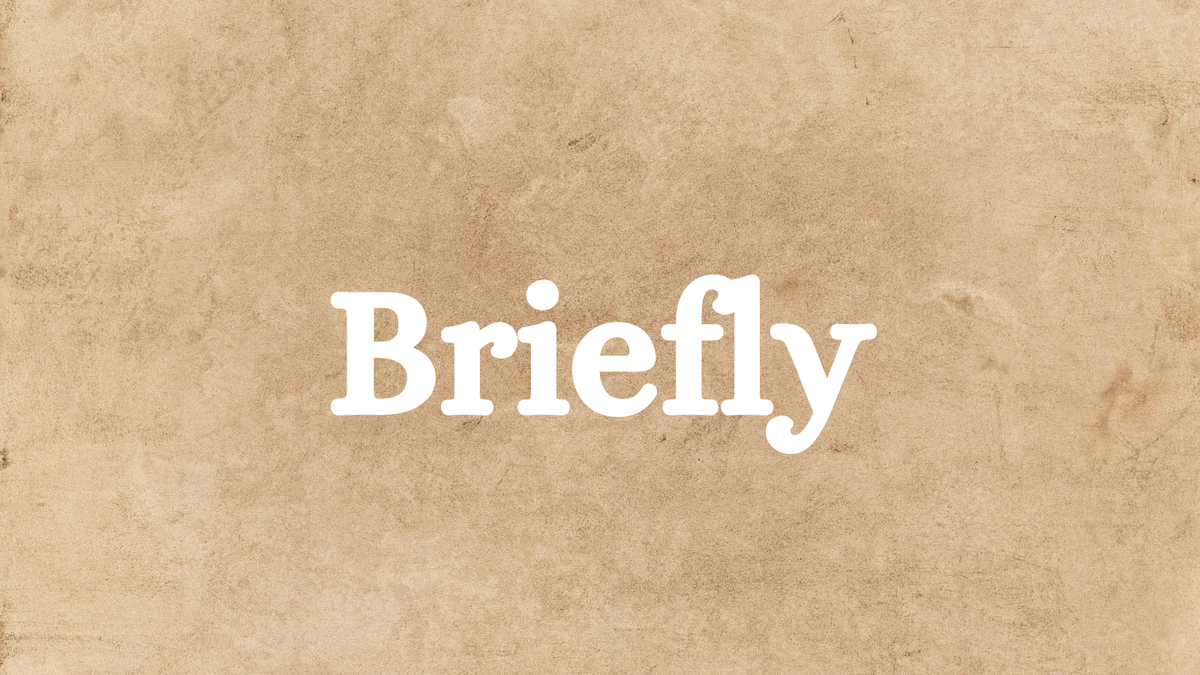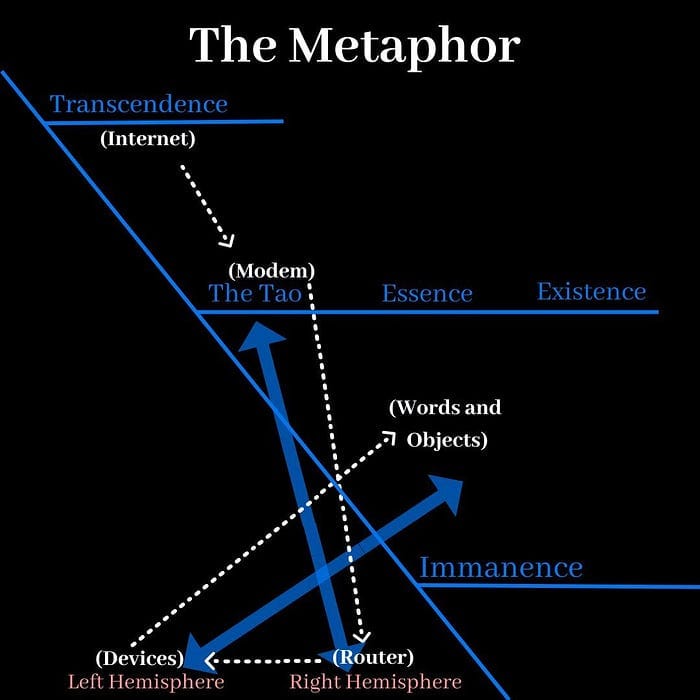Paradox, The Hemispheres, and the Tao

A basic tension mars the intellectual framework of the spiritual life.
Pole 1: The first virtue of the spiritual life is humility, and humility is first and foremost selflessness.
Pole 2: We cannot be so selfless that we don't desire our own happiness.
“The rational creature . . . cannot wish not to be happy.” Thomas Aquinas
It's what Hugh Kenner called a "metaphysical paradox" in his splendid analysis of Chesterton's use of paradox.
And just as the rational creature cannot wish not to be happy, the rational creature can't think itself out of metaphysical paradoxes.

But only the left hemisphere insists on thinking its way out of anything. The right hemisphere is comfortable with paradox because it understands that there is more to knowledge than rational knowledge: There are ways of knowing that rationality can't understand.
Zen is noted for its use of paradox. Zen if the love child of Taoism and Buddhism, and Taoism is perhaps the most playfully paradoxical worldviews ever. \
But Zen (and Taoism) is only an intellectual imitation of the incarnate paradox that is Christianity. Paradox is the infant God at Christmas; paradox is the crucifixion on Good Friday. Christ is the Tao and both are infused with paradox. Paradox lies as the cornerstone of God's unfathomable decision to create this world, as well as human beings who are rationally equipped to understand it but whose rationality is ultimately designed to be foiled by it.
He's a funny God like that.

